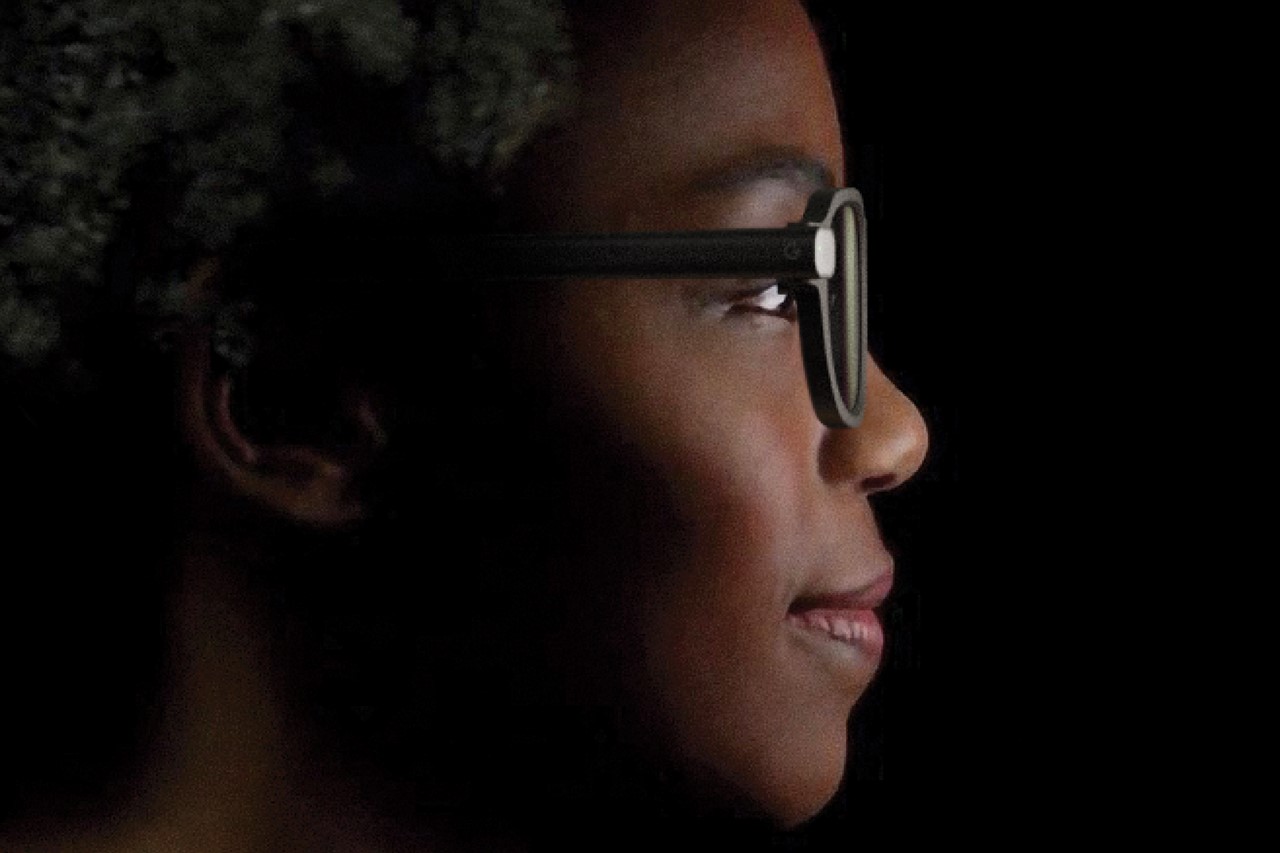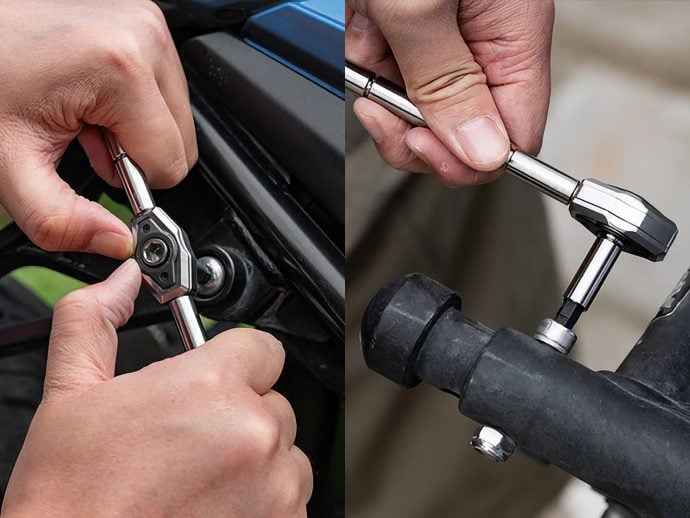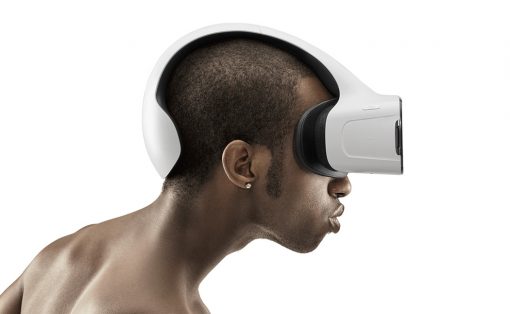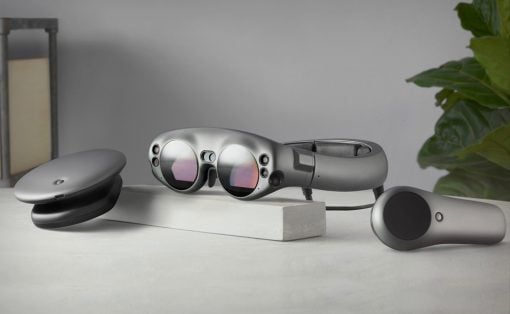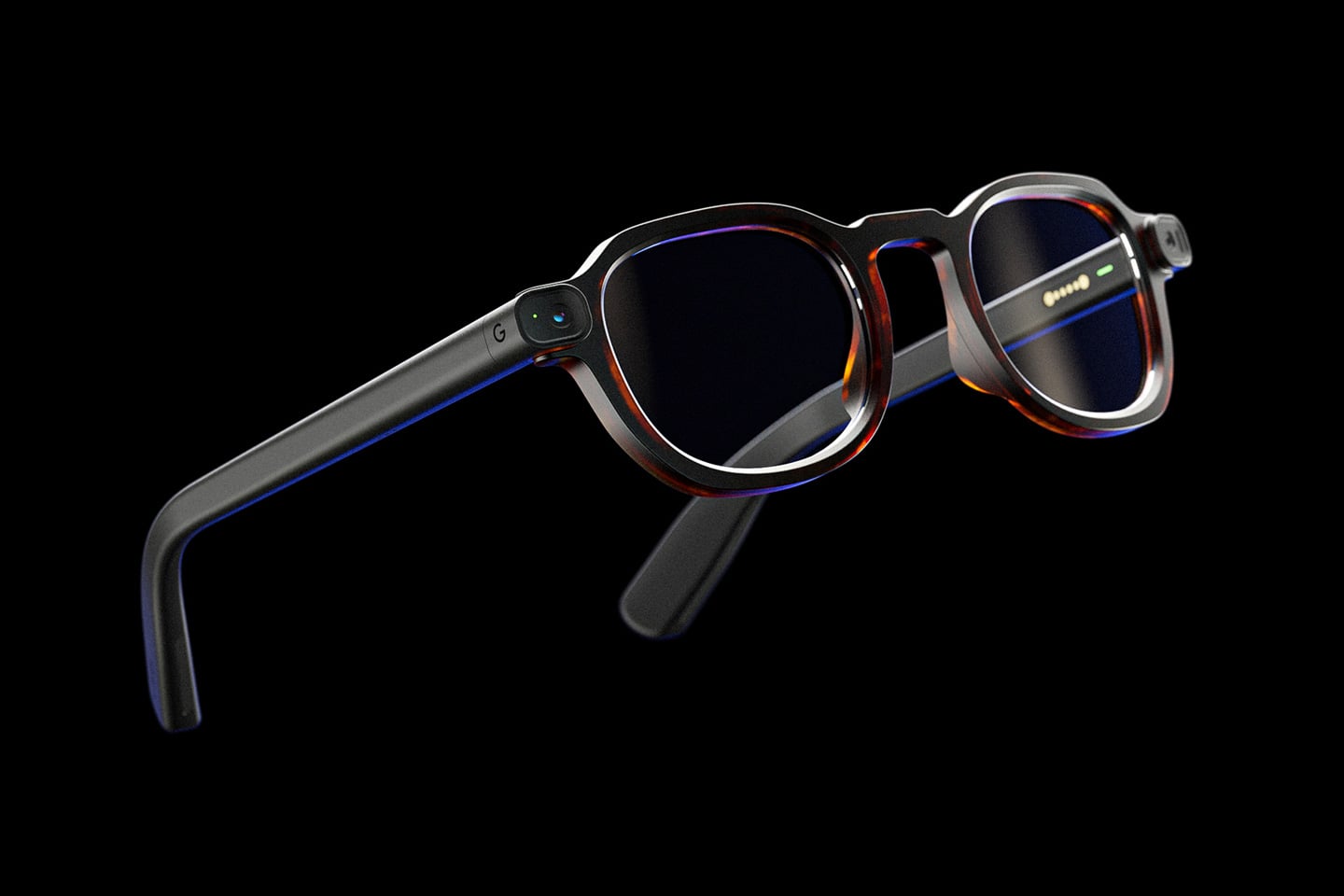
Can you believe it’s been nearly 10 years since Google debuted the Glasses, its stab at AR and the Metaverse long before it even occurred to Mark Zuckerberg? Sure, Google’s original glasses were kinda geeky, had limited functionality, and looked absurd enough that they were doomed to fail… but a lot has happened since then. Facebook and Snap have BOTH made tech-infused spectacles, Xiaomi at least announced its Augmented Reality glasses, and the rumor mill is abuzz with news about Apple allegedly working on (and being close to announcing) their AR Glasses. Given that the time is opportune for Google to renew its efforts in this space, this concept revisits the weirdly clunky Google Glass from 2013… but in an infinitely classier avatar.
Designer: Gokul Beeda
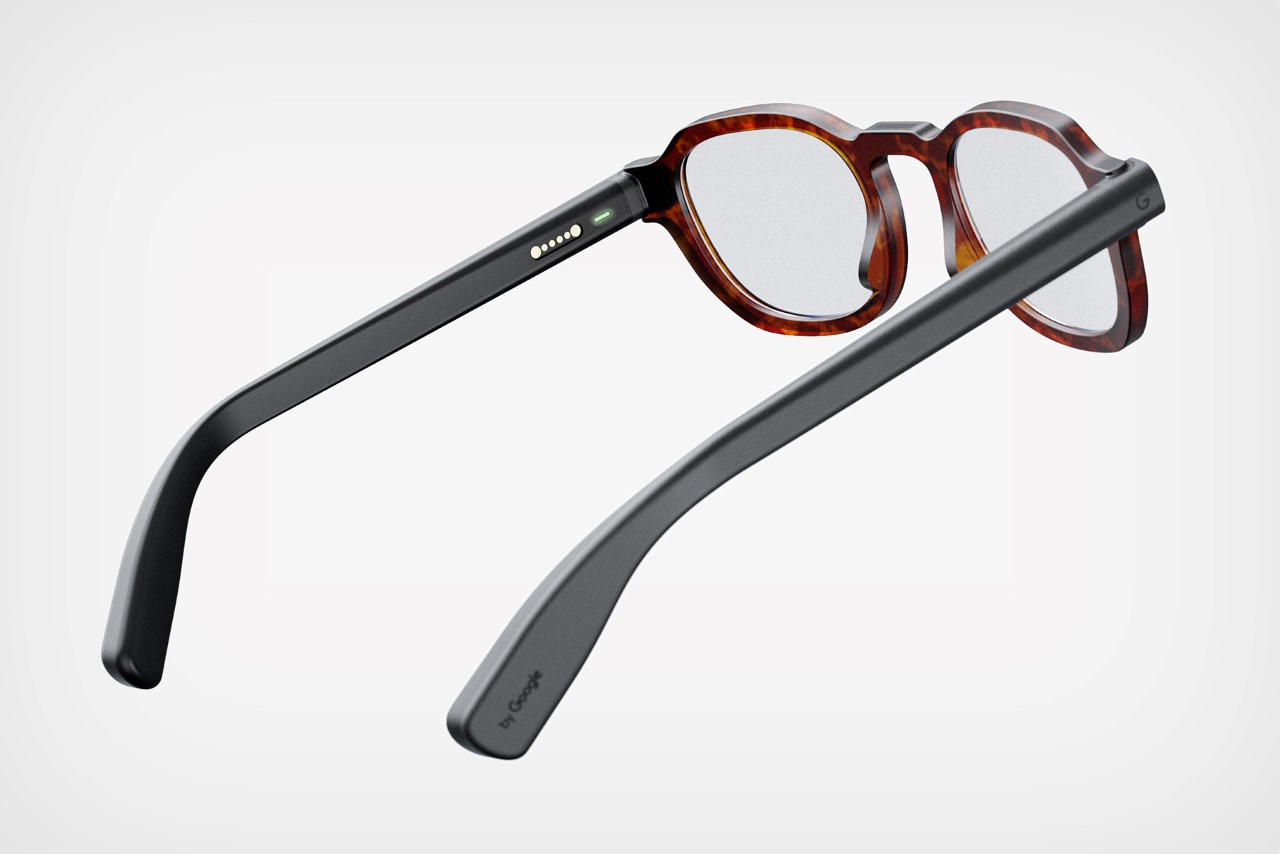
Dubbed the Google XR Glasses concept, this little number styles itself on a pair of neo-retro acetate frames, with a chunky design that manages to cleverly conceal all the tech within its form factor. 10 years later, this revised concept seems to get the fact that wearable tech needs to imitate wearable fashion. Bluetooth headsets look like a strange artifact from the 2010 Wall Street era, but the AirPods with their classy design do not. In that very vein, the Google XR Glasses look like your average pair of acetate frames – the design looks incredibly slim and cohesive, but there’s a clear separation between the aesthetic part of the glasses, and the tech part. The aesthetic part, in this case, lies in the front of the glasses and their molded acetate design. The tech, however, sits entirely in the temple stems, not conflicting with the overall visual appeal of the glasses.
While the 2013 Google Glasses looked a lot like a nerdy visual distraction, the 2022 Google XR Glasses concept looks just as classy as your average hipster frames.
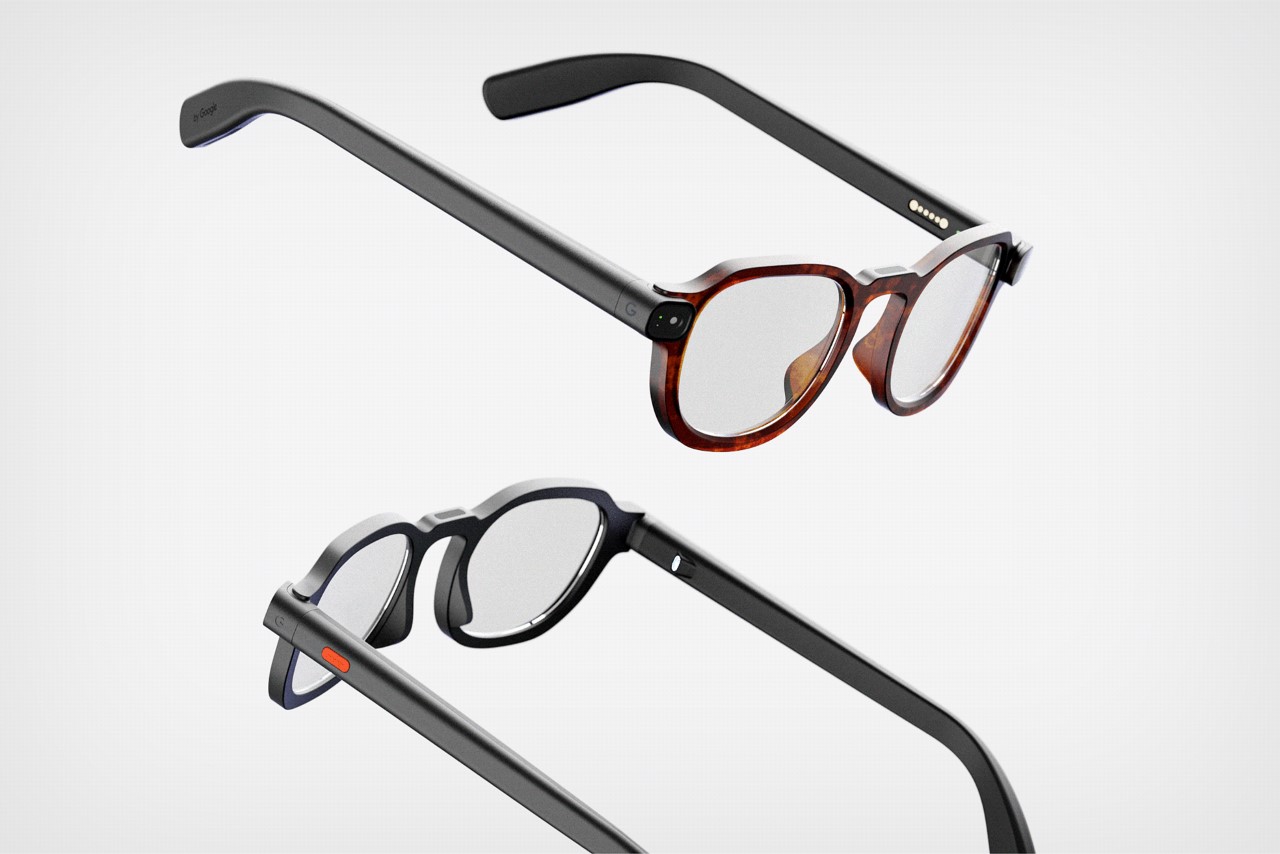
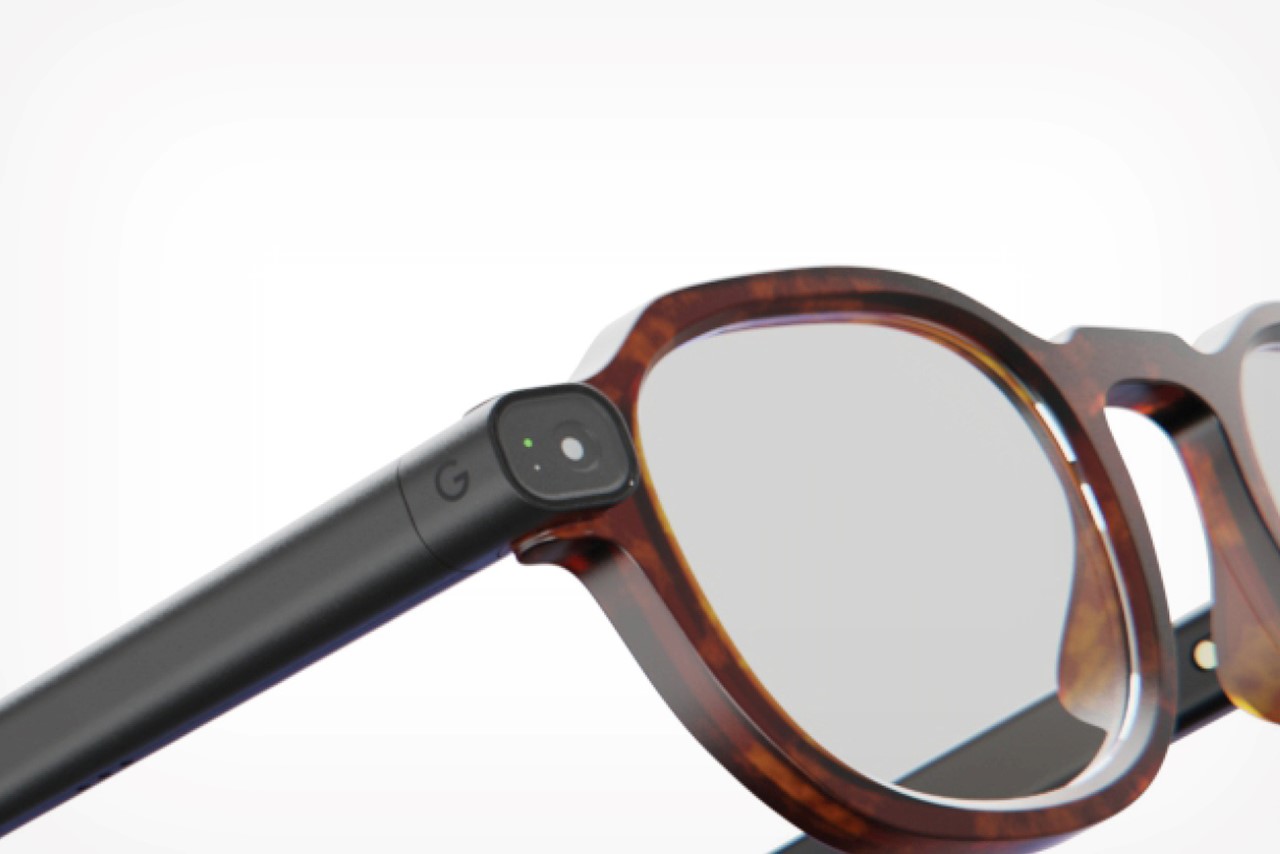
What this 2022 Google XR Glasses concept gets right, more so than the aesthetic, is the marriage of tech. Back in 2013, when Google debuted their first edition of the Glass, it wasn’t really even meant for public sale. It was a proof-of-concept of what the Glass could achieve, but it had a ridiculously tiny HUD crystal, an inconsequential camera, and an even more inconsequential app ecosystem. After a rather tepid response from the audience (because Google couldn’t make a compelling sales pitch to users for why they need the device apart from “Look, it’s so shiny and futuristic!”), Google killed the Glass, adding it to the infamous, ever-growing graveyard of Google products that the company axed because they ‘got bored’. (Fun Fact: Ever since its inception, Google’s killed more than 260 of its products/services)
So what did I mean when I said ‘marriage of tech’ in my earlier (slightly disparaging) paragraph? Well, for starters, Google has, in the past decade, really beefed up its hardware and software chops. Its Pixel Tensor chip’s received a fair bit of praise, the ARCore forms the bedrock of all of Android’s AR endeavors, and finally, Google’s Soli chip (which was briefly introduced in Pixel 4) proves to be the biggest ‘secret sauce’ when it comes to gesture-based tech… and all these find themselves in the 2022 Google XR Glasses concept.
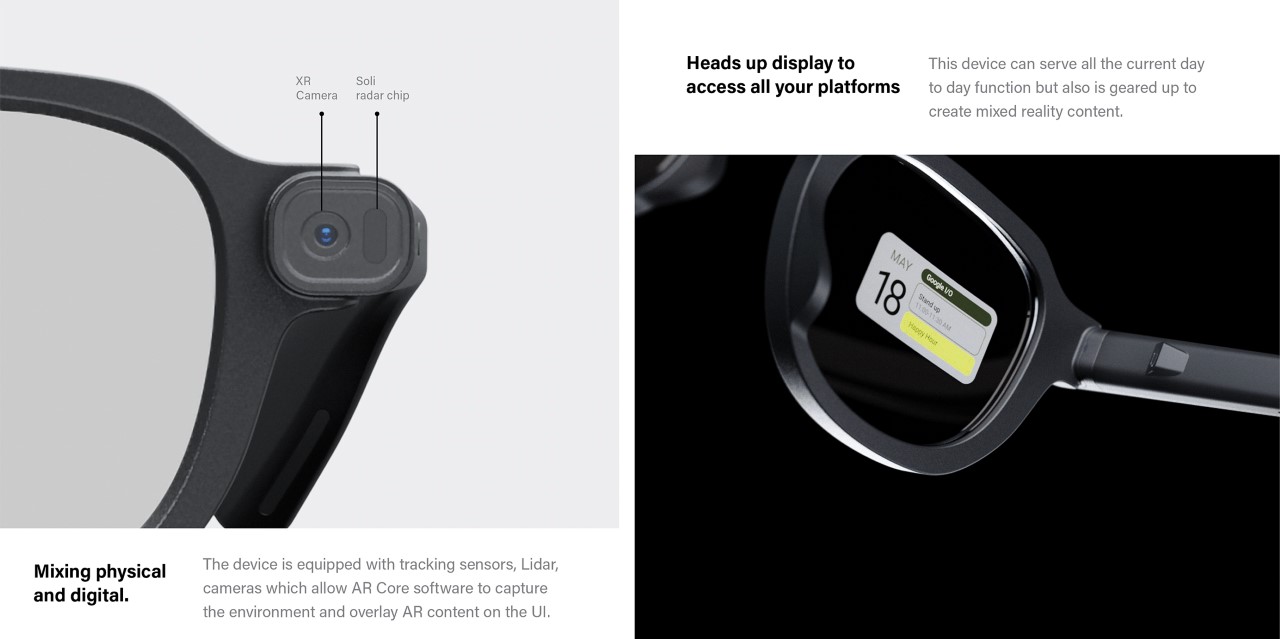
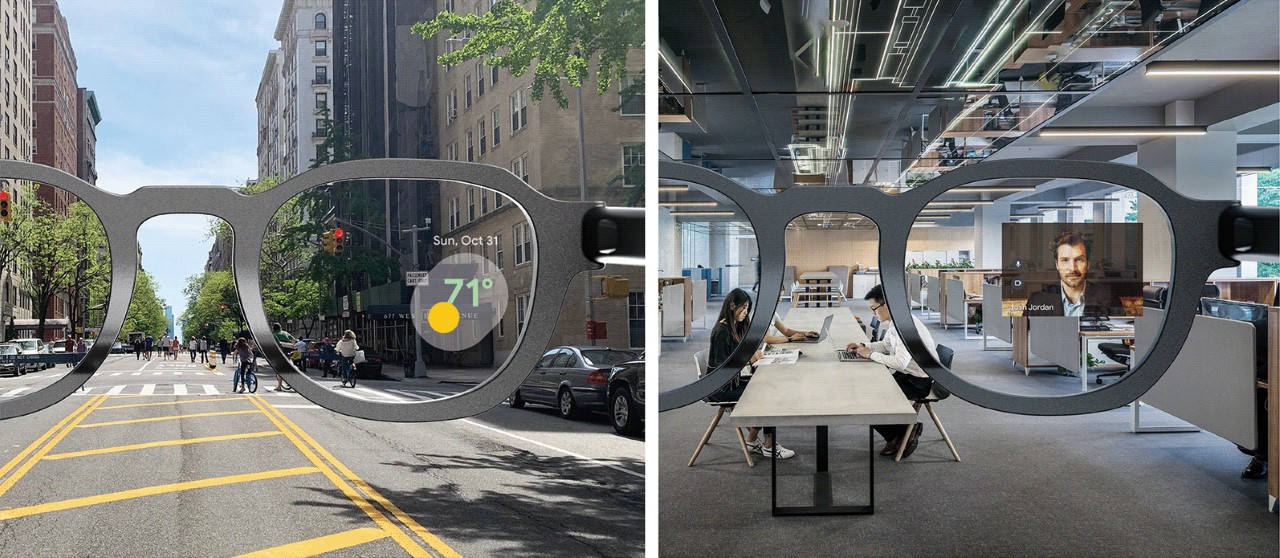
The tech in the glasses is pretty much confined to the temple stems. On the front of the stems sit cameras on each side (providing the parallax required to capture depth), along with Soli sensors that can detect and react to gestures (like swiping, tapping, spinning, pinching, etc.), while the digital elements are projected directly onto the Google XR Glasses’ lenses via a projector built into the inside of the temple stem. How the tech would work in reality seems a little up in the air at the moment (this is a concept, after all), although the fact that those aren’t specialty lenses means that people can, at least in theory, have prescription powered lenses built into their Google XR Glasses.
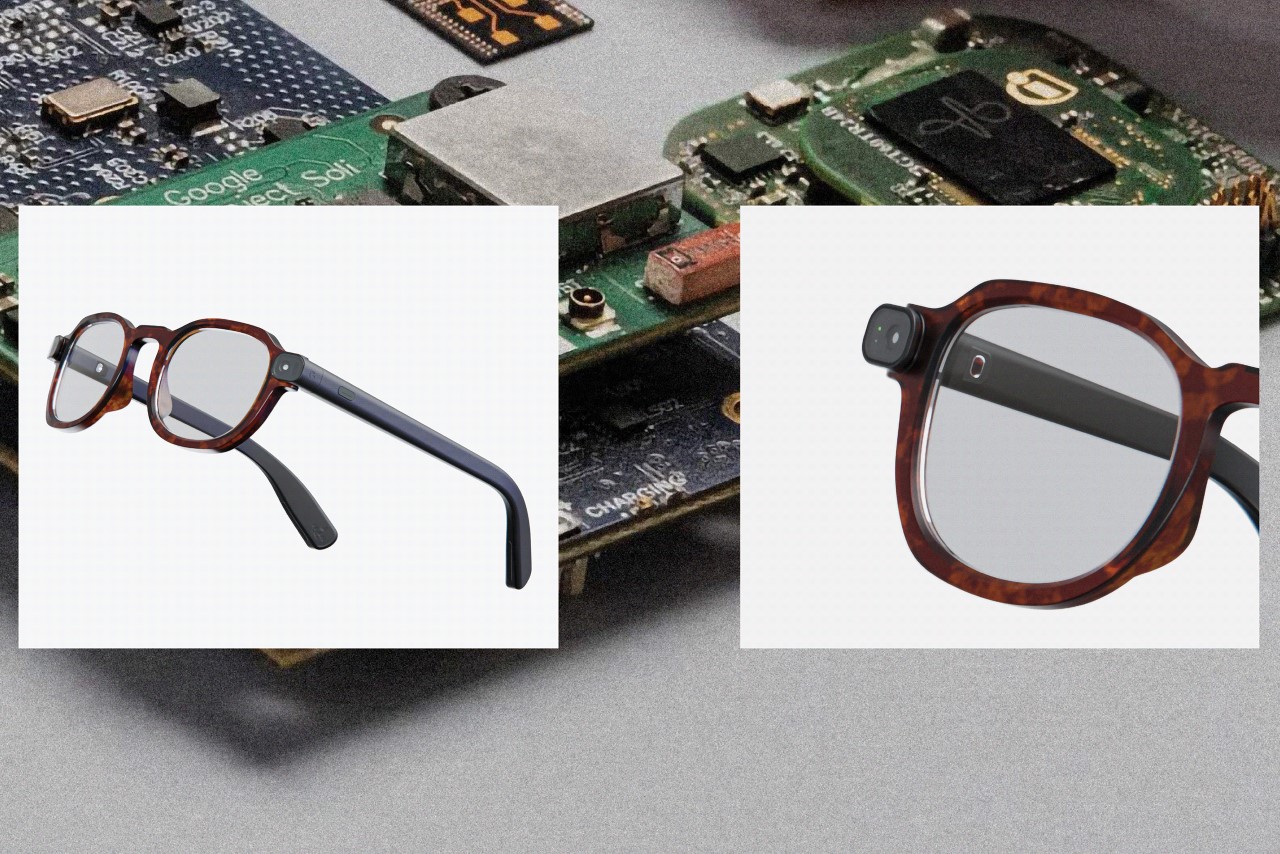
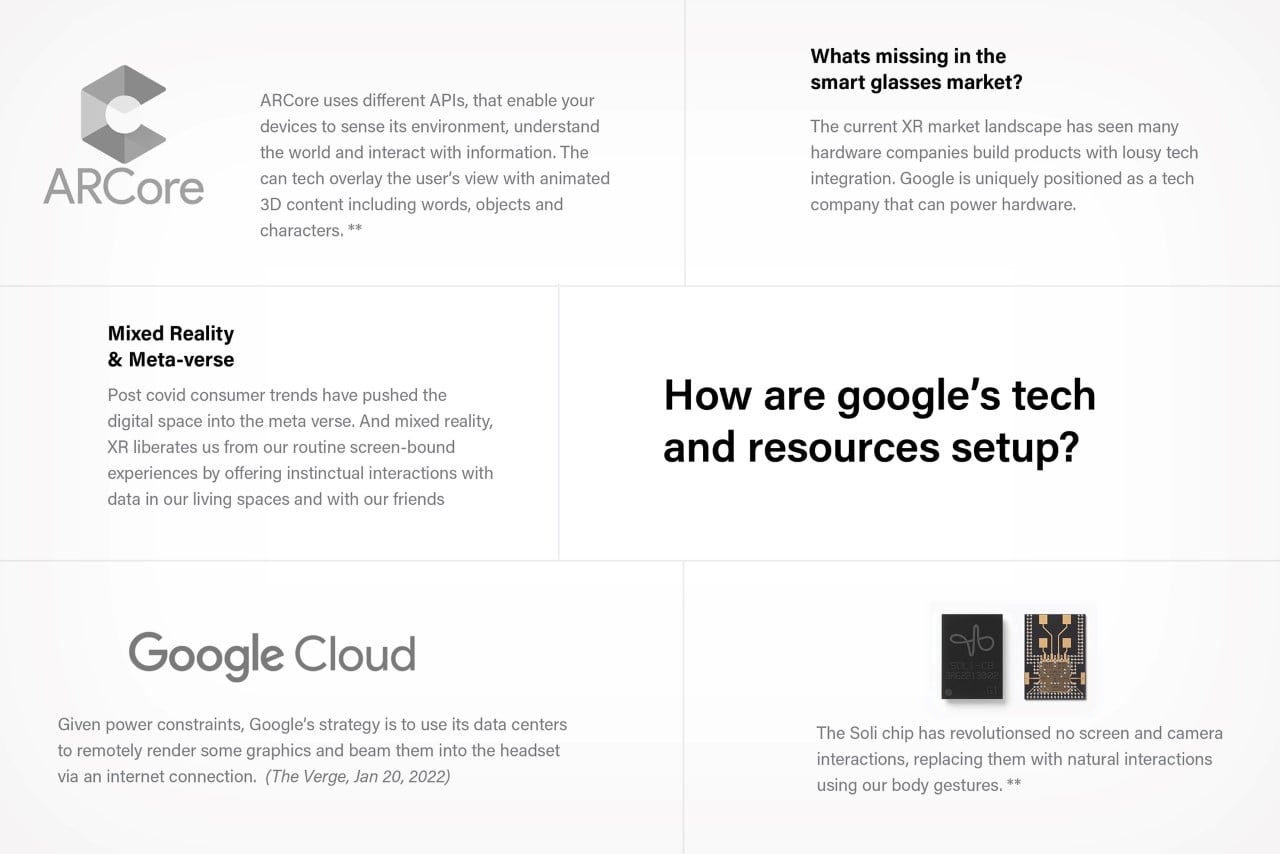
This honestly seems like the perfect storm for Google to re-enter a market they almost accidentally created. The Google Glasses pre-dated any AR headset, and were launched just a year after Oculus debuted their first-gen Rift headset in 2012. In a lot of ways, Google helped create the first spark of the Metaverse, but now seems to blissfully operate outside it while Facebook, Microsoft, and Apple fight out their battle for dominance in this field (although Microsoft hasn’t really announced any plans to build subsequent Hololens devices). In this opportune moment, do you think Google should jump into the battlefield and flex its hardware and software capabilities? Or should the company just sit back and ride this one out as they did with Waymo, Project Ara, the Nexus tablet, the Pixelbook, the Chromecast, or the relatively unmemorable Google Clips camera??

